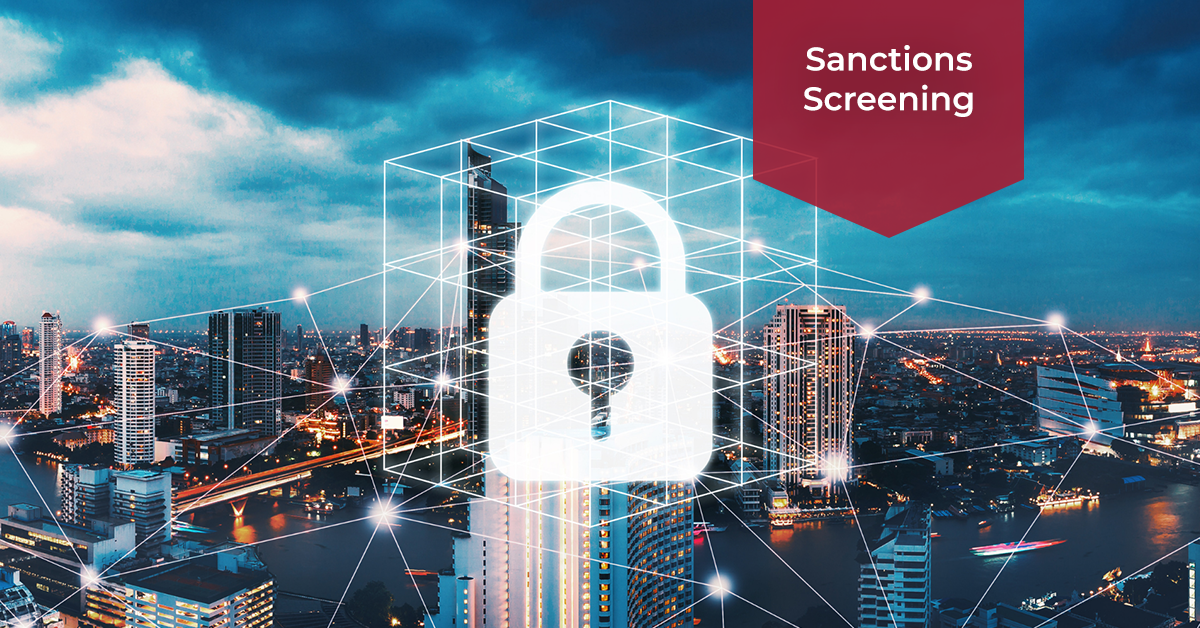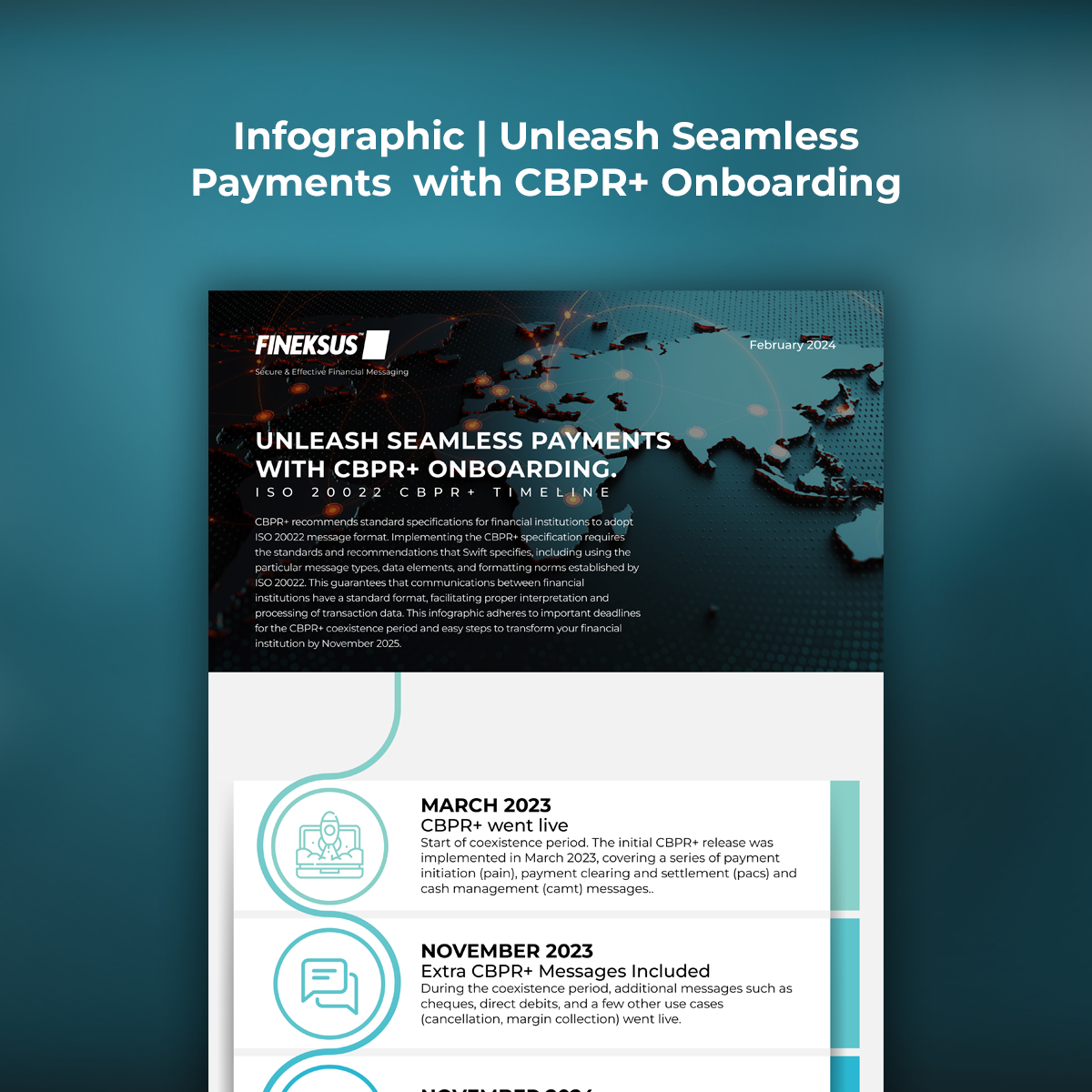
Sanctions Screening
What is Sanctions Screening?
Sanctions are the measures taken by a country towards another country, a regime, or a coalition due to violation of international law. On the other hand, sanction screening is software that provides help to financial institutions in terms of identifying and detecting financial crimes. The Sanction Screening list includes people, countries, or companies. Through this list, Sanction Screening software provides to search and question by filtering Public and Private Sanctions Lists globally.
Sanctions Screening is the most important process that can be taken by the financial institutions, during onboarding a new client and through transactions of each customer. Moreover, financial institutions should screen their customers regularly to see any potential in compliance.
What are Politically Exposed Persons (PEPs) and Relatives and Close Associates (RCAs)?
Politically Exposed Person (PEP) can be defined as the person who gains an up-front public position in a governmental authority or an international organization. Politically Exposed Persons have the right to speak on the government’s expenses and its budget. Government ministers, high-ranking judges, and military officers can be indicated as examples for the Politically Exposed Persons (PEPs). Because of the importance of their position, Politically Exposed Persons (PEPs) can be a target for corruption. Even though the situation is risky in terms of crime, it does not mean that all the Politically Exposed Persons (PEPs) are involved in criminal activities related to Anti Money Laundering AML.
Relatives and the Close Associates, on the other hand, are the people who have a family, relative or friendship association with a Politically Exposed Persons (PEPs). This connection may be obtained with proximity or through marriage, close social engagements, and close friend relations. The Relatives and Close Associates (RCAs) list is as follows: Spouses and partners, parents, children, siblings, relatives, and close friends.
Why is sanction blacklist filtering important?
Sanction Blacklist Filtering software plays an important role in preventing money laundering. Sanctions List Filtering provides banks, FinTechs, and other financial institutions to screen suspicious transactions. So, the screening of suspicious transactions is facilitated through the Sanction Blacklist Filtering software technology via scanning Public and Private Sanctions Lists. Because of the complexity of the trade systems, the firms have difficulties in terms of Anti – Money Laundering checks. Sanction Screening List Filtering, from this point of view, has great importance.
Global PEP and Sanctions List
Politically Exposed Persons (PEPs) are among the high-risk people, as they have higher risks involving financial crimes. There are two kinds of PEP Lists: Database of Named or Documented PEPs and Database of Functions, Positions, and Roles. The first one includes the personal information of the customers. However, this list may require more detailed research because if the verification cannot be provided, it is not considered as proof that they are not PEPs. In the second kind of PEP Lists, the emphasis is on the positions, functions, and roles because the person in the high–rank position has a higher risk for money laundering.
On the other hand, Sanctions Lists are published by governments and international organizations to combat the financial criminals who are involved in illegal situations like money laundering. Sanctions Lists compose of the people, the organizations, and the governments. Therefore, Sanction Screening is primarily the required procedure of the Customer Due Diligence process for banks, FinTechs, and other financial institutions.
Private PEP Lists: Dow Jones, Refinitiv, World-Check
Other than the PEPs lists that Governments and Authorities provide, there are also private PEPs lists such as Dow Jones, Refinitiv, and World-Check. Banks, FinTechs, and other financial institutions rely heavily on the sanctions and PEP lists from external sources. To provide the highest level of security, private Sanction List providers combine more than one PEP list. They provide comprehensive Sanctions and PEP lists for the banks, FinTechs, insurance companies, and other financial institutions to comply with AML regulations.
Dow Jones list defines third parties who have a high risk in assisting financial crimes to conduct Anti – Money Laundering and CTF counter-terrorism financing regulations in a more effective way. It is mainly used by the banks which has the requirements as such:
-Obtaining the Sanctions Lists beyond the EU,
-Comprehensive information on PEPs,
-International risk coverage,
Refinitiv, also known as World-Check, on the other hand, is another external provider of Sanctions and PEP Lists. It is used to identify the risks. It is created in response to the initiative that aimed at reducing financial crimes.

